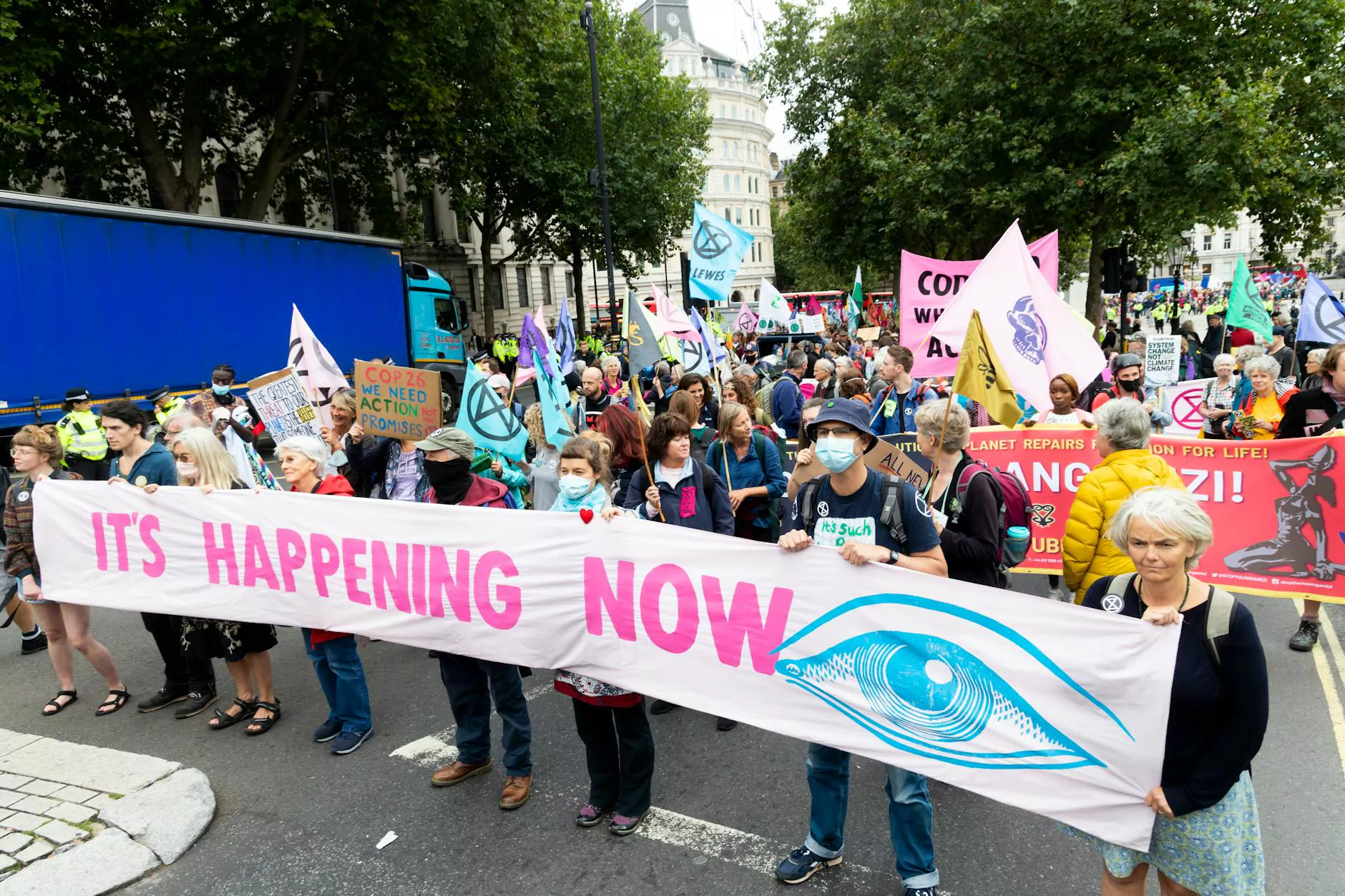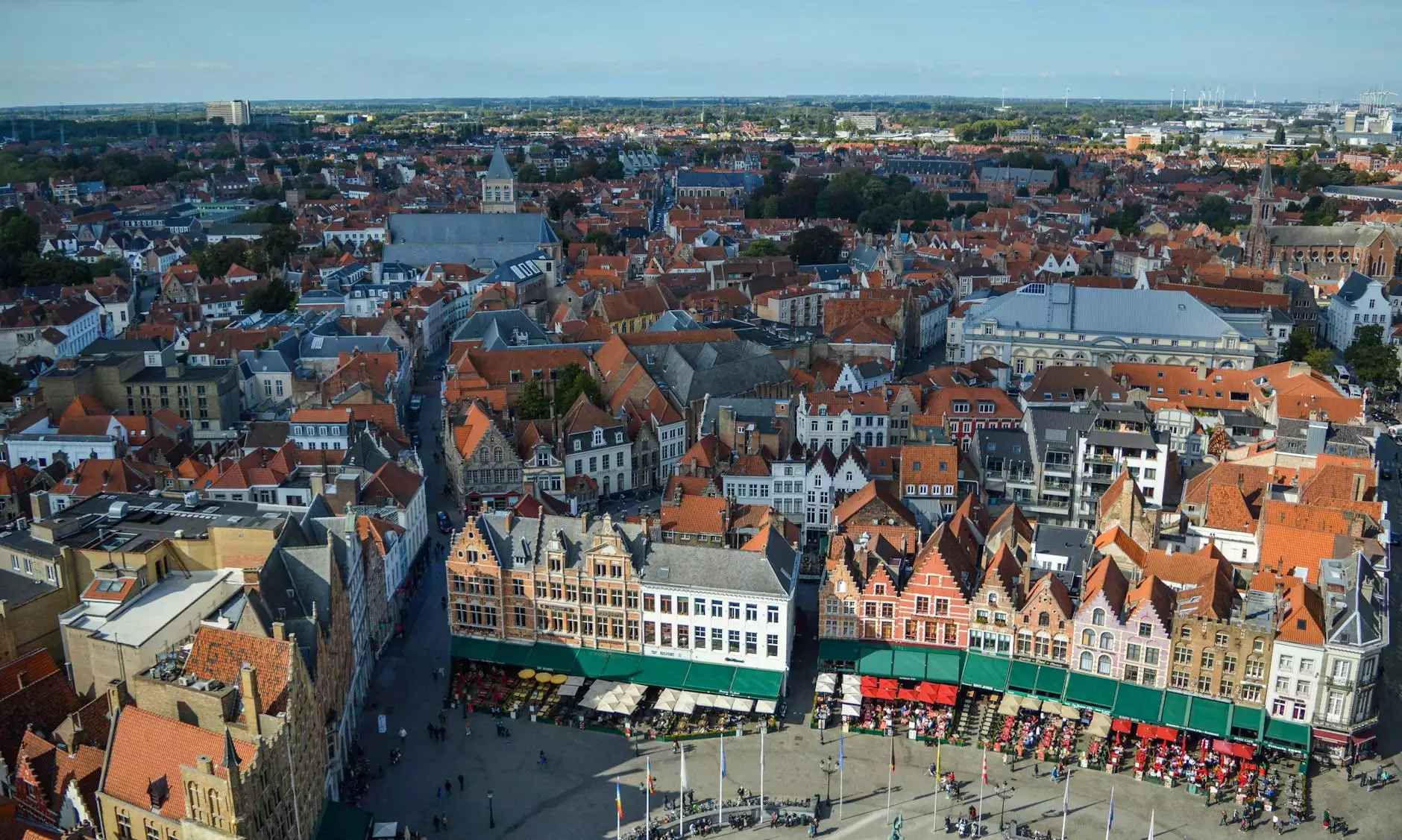Public Health Safety Measures for In-Person Events
Services
Welcome to Regency Square Care Center, a leading provider of comprehensive health care services for the elderly. In today's rapidly changing world, it is important to prioritize the safety and well-being of individuals attending in-person events. This article will guide you through the essential public health safety measures that should be implemented to ensure a safe environment for all attendees.
Importance of Public Health Safety Measures
As we navigate the challenges posed by the ongoing pandemic, it is crucial to adopt strict public health safety measures for in-person events. These measures not only protect the attendees but also contribute to minimizing the spread of infectious diseases. Moreover, by following these guidelines, event organizers can demonstrate their commitment to maintaining a safe and healthy environment.
1. Pre-Event Planning
Prior to hosting an in-person event, thorough planning is essential. Event organizers must assess the venue's capacity, ensuring that it can accommodate attendees while maintaining physical distancing protocols. Additionally, they should establish clear guidelines for attendee registration, ensuring that participants provide accurate contact information for contact tracing purposes, if necessary.
2. Communication and Education
Efficient communication and education play a vital role in ensuring attendees are informed about the safety measures in place. Organizers should clearly communicate the event's safety protocols through various channels, including the event website, email notifications, and social media platforms. This enables attendees to make informed decisions about their participation and ensures everyone understands the importance of following the established guidelines.
3. Health Screening and Temperature Checks
Prior to entering the event premises, attendees should undergo health screenings and temperature checks. Screening protocols should include questions about symptoms, recent travel history, and potential exposure to individuals with confirmed cases of infectious diseases. By conducting these assessments, organizers can detect and prevent potentially infected individuals from attending the event.
4. Physical Distancing Measures
To maintain physical distancing, event organizers should arrange seating layouts and manage crowd movement accordingly. Utilizing floor markings, signage, and designated walking paths can help guide attendees in maintaining a safe distance from one another. Furthermore, the event venue should have sufficient space to accommodate participants while adhering to physical distancing guidelines.
5. Mandatory Face Coverings
Wearing face coverings is a crucial preventive measure to reduce the spread of infectious diseases. All attendees and staff members should be required to wear masks or face shields throughout the duration of the event, except when eating or drinking. Event organizers should provide an ample supply of face masks for those who may not have one.
6. Hand Hygiene and Sanitization Stations
Access to hand hygiene facilities, such as hand sanitizer dispensers and handwashing stations, should be readily available throughout the event venue. Proper hand hygiene protocols, including regular handwashing with soap and water for at least 20 seconds, should be encouraged. Organizers should also place hand sanitizer stations in high-traffic areas to facilitate frequent sanitization.
7. Enhanced Cleaning and Disinfection
Thorough cleaning and disinfection of the event venue, including high-touch surfaces such as door handles, railings, and restroom facilities, should be conducted regularly. Event organizers should collaborate with professional cleaning services to ensure stringent sanitation practices are implemented throughout the event.
8. Contact Tracing Protocols
In the event of a confirmed case of an infectious disease, contact tracing becomes essential in identifying and notifying individuals who may have come into close contact with the infected person. Event organizers should collect accurate contact information from all attendees and maintain its confidentiality for the purpose of contact tracing, as advised by health authorities.
9. Controlled Food and Beverage Practices
Food and beverage services at the event should incorporate strict safety measures to prevent the transmission of infections. Buffet-style dining may be replaced with individually packaged meals or pre-packaged food options to minimize contact and potential exposure. Additionally, the use of disposable utensils, plates, and cups should be encouraged.
10. Clear Protocols for Suspected Cases
In the event that an attendee develops symptoms suggestive of an infectious disease during the event, organizers should have clear protocols in place to isolate the individual and ensure they receive appropriate medical attention. Swift action will help prevent potential transmission to other attendees and staff members.
By implementing these comprehensive public health safety measures, Regency Square Care Center is committed to prioritizing the well-being and safety of all individuals attending in-person events. We believe that by collectively adhering to these guidelines, we can help create a safer environment for everyone.
For more information on our comprehensive health care services in the category of geriatric and aging care, please contact Regency Square Care Center.









